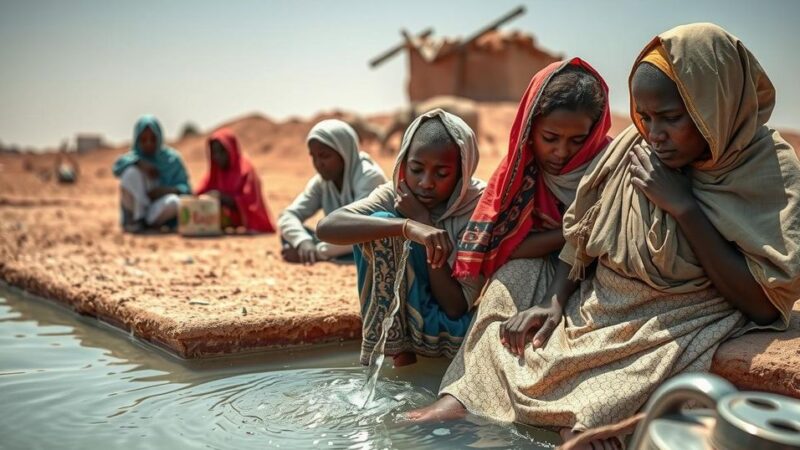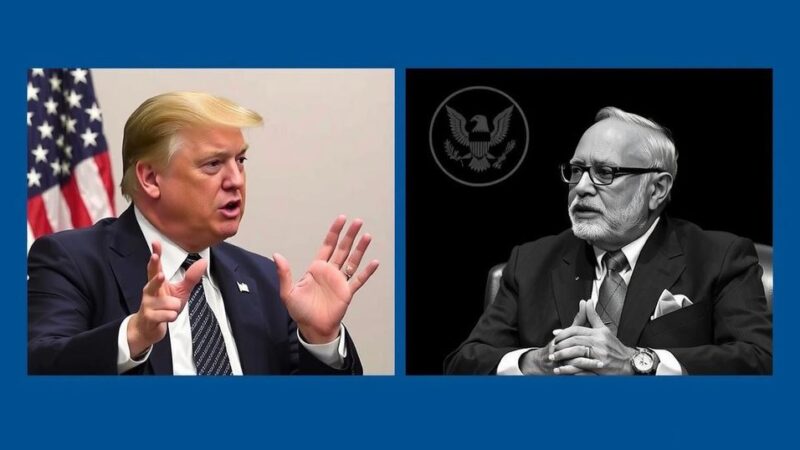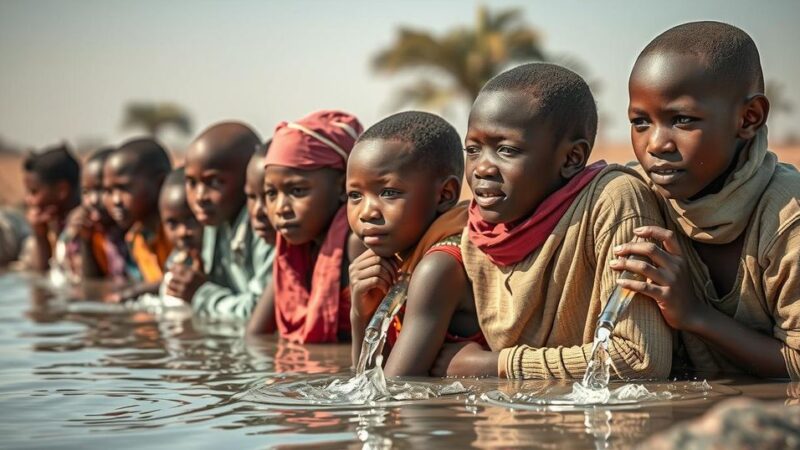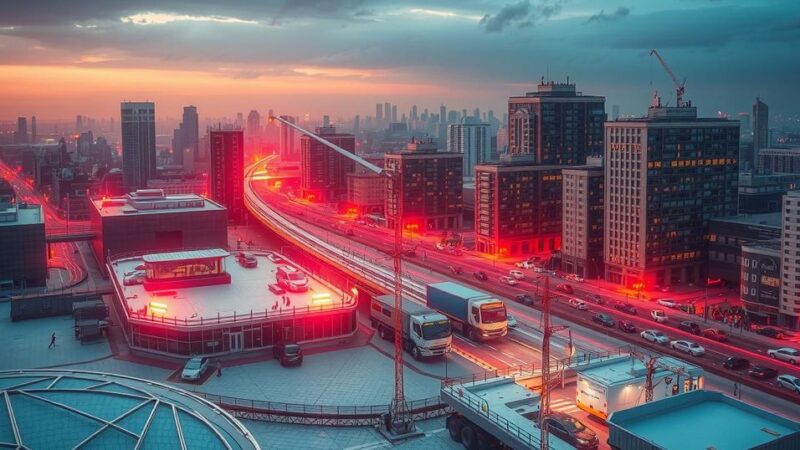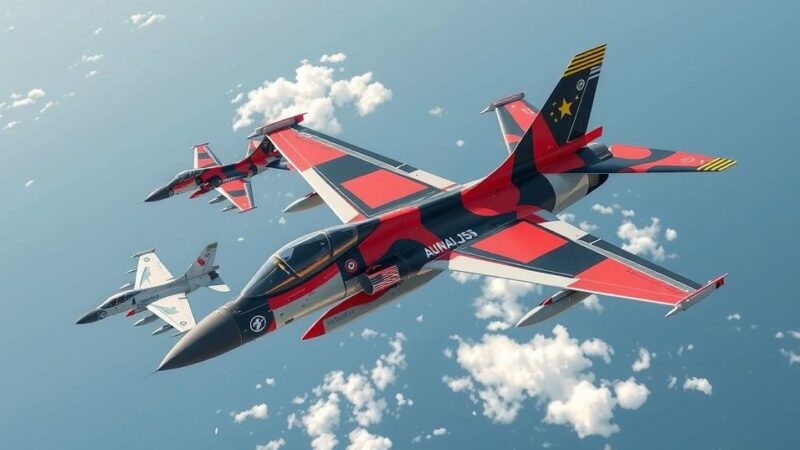The March 23 Movement (M23), supported by Rwanda, has captured the town of Masisi in eastern Congo, intensifying a humanitarian crisis. The Congolese government accuses Rwanda of exploiting Congolese minerals through M23, allegations that Rwanda denies. Peace talks between the Congo and Rwanda have ceased, showing no signs of revival. The situation highlights the ongoing instability and complex geopolitical dynamics in the region.
On Saturday, the March 23 Movement, also known as M23, reportedly backed by Rwanda, successfully captured the strategically significant town of Masisi in North Kivu province of the Democratic Republic of Congo. This town, which has a population of approximately 40,000, is located a mere 50 miles from Goma, the capital of North Kivu, which is home to two million residents and serves as a critical refuge for displaced persons. This offensive occurred only two days after M23 seized control of another town, Katale, further showcasing their escalating influence in the region.
Since 2021, M23 has expanded its reach across eastern Congo, resulting in the displacement of hundreds of thousands and provoking severe humanitarian concerns from local leaders. The Congolese government has accused Rwanda of utilizing these rebels to exploit the country’s mineral resources, including valuable commodities such as gold and cobalt. The Rwandan government has denied these allegations vehemently. In a related legal move, the Congolese government has initiated a lawsuit against Apple for its operations involving these so-called “blood minerals,” prompting Apple to cease the procurement of tin, tantalum, tungsten, and gold from both Congo and Rwanda.
Political talks aimed at addressing the ongoing conflict, which included Congolese President Felix Tshisekedi and Rwandan President Paul Kagame, were canceled on December 15 due to disagreements over the terms of a potential peace agreement. As of now, there is little indication that these discussions will resume in the near future. Observers remain vigilant regarding M23’s advance, particularly as international attention on Central Africa could wane amid global political shifts, notably under the Trump administration.
The ongoing conflict in eastern Congo has deep historical roots, significantly influenced by the dynamics of regional politics and resource wealth. The March 23 Movement (M23) emerged from earlier conflicts in the area, particularly following the aftermath of the Congo Wars. Tensions between Rwanda and Congo are emblematic of historical grievances, whereby Rwanda has been accused of repeatedly intervening in Congolese affairs, often citing security concerns related to armed groups operating along the border. The region remains plagued by a humanitarian crisis, exacerbated by armed conflicts and the struggle for control of its rich mineral resources. In recent years, international engagement and attention have waxed and waned, complicating the resolution of these enduring issues.
In summary, the recent capture of Masisi by the M23 rebels accentuates the ongoing instability in eastern Congo, stemming from both local grievances and external interventions, particularly from Rwanda. The humanitarian situation continues to deteriorate, prompting urgent calls for intervention and support. Diplomatic efforts remain stalled, highlighting the challenges of achieving peace in a region marked by a complex interplay of conflicts and resource exploitation. Realizing stability will necessitate concerted actions from both regional and international stakeholders.
Original Source: www.gzeromedia.com



